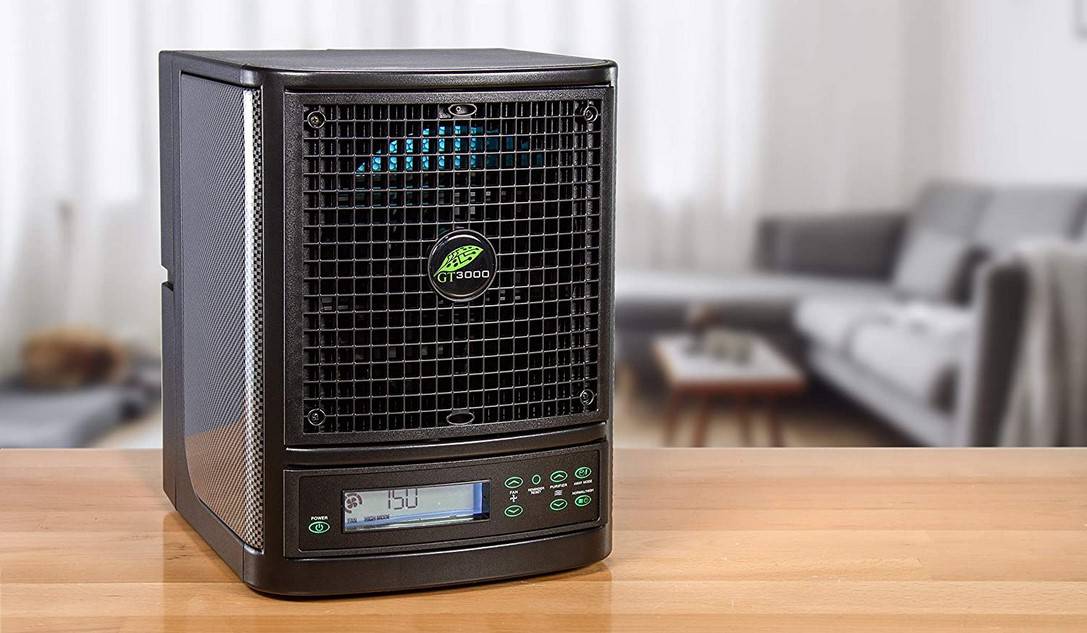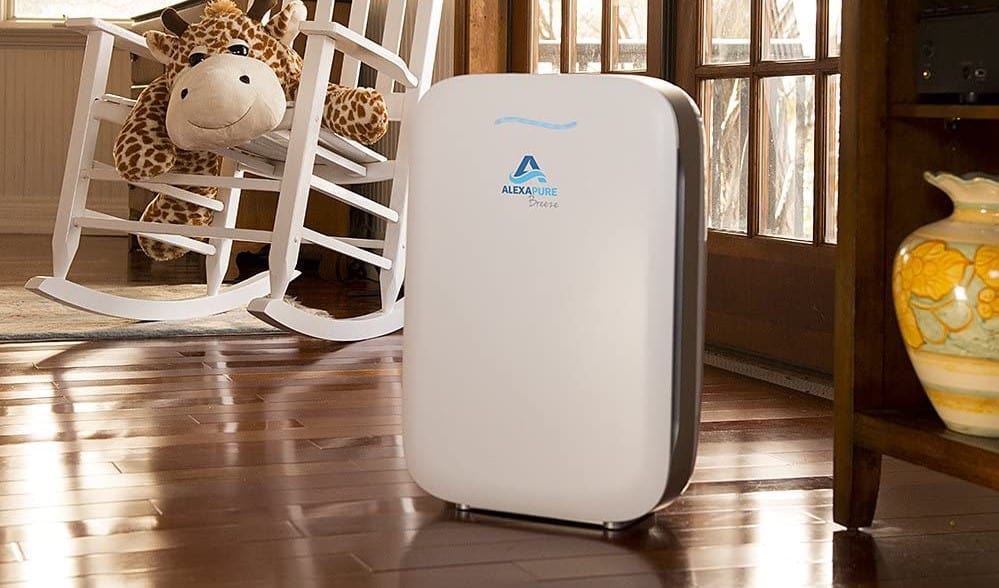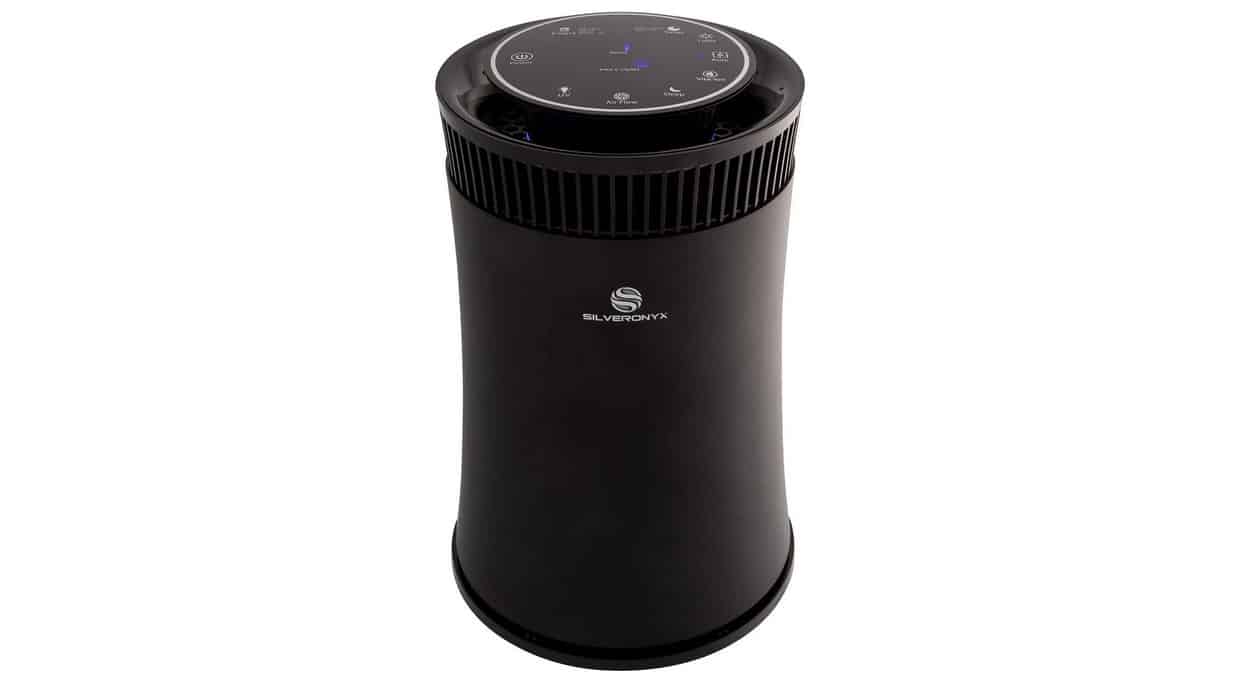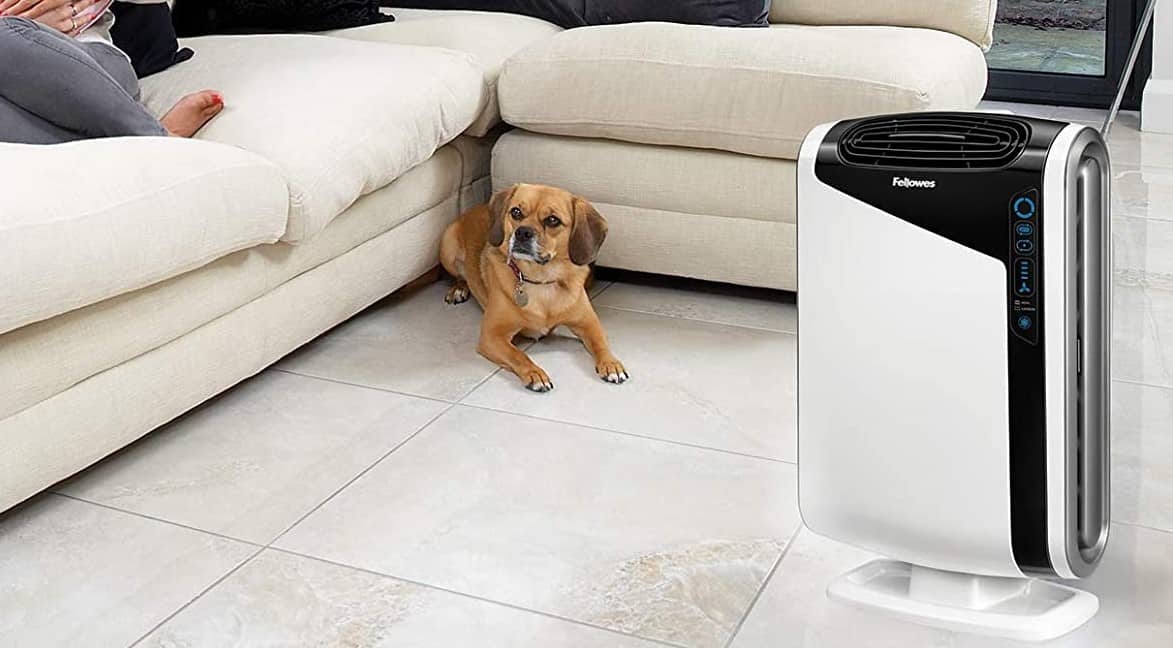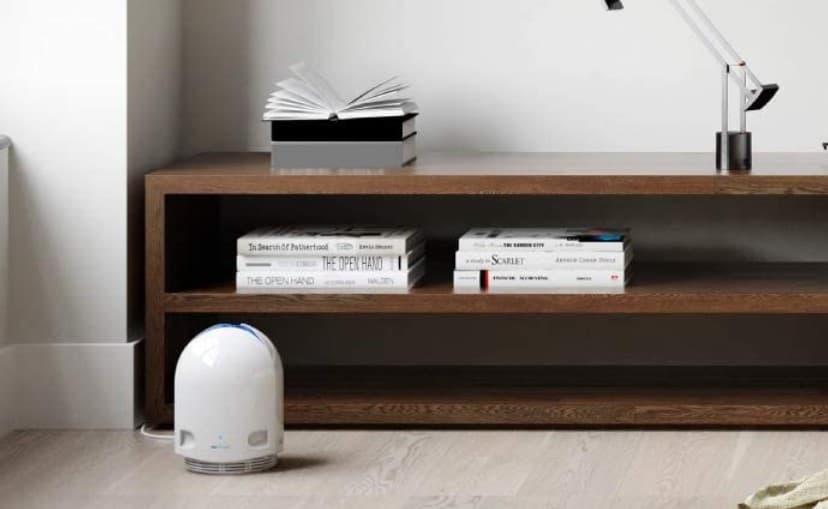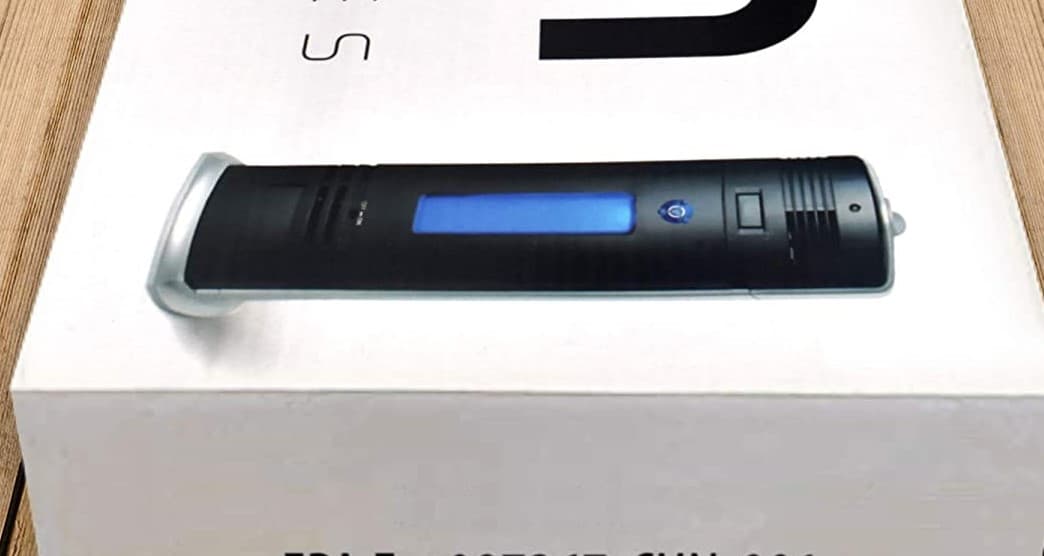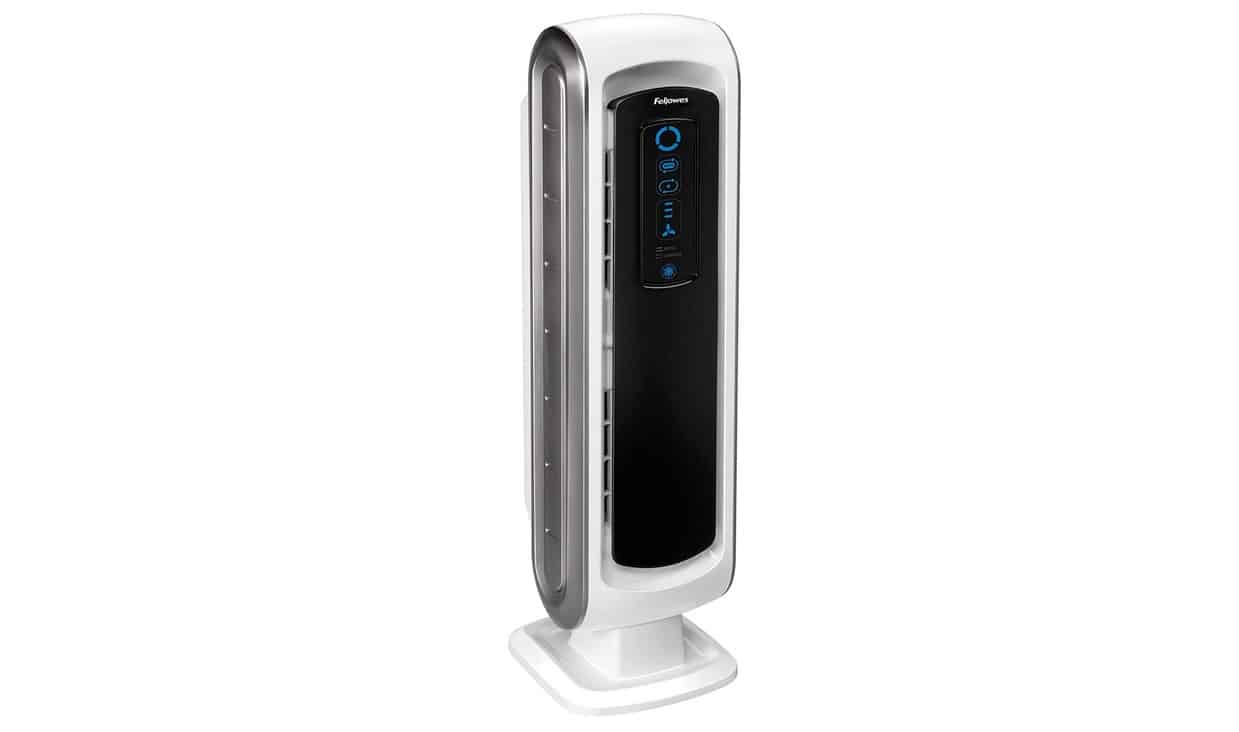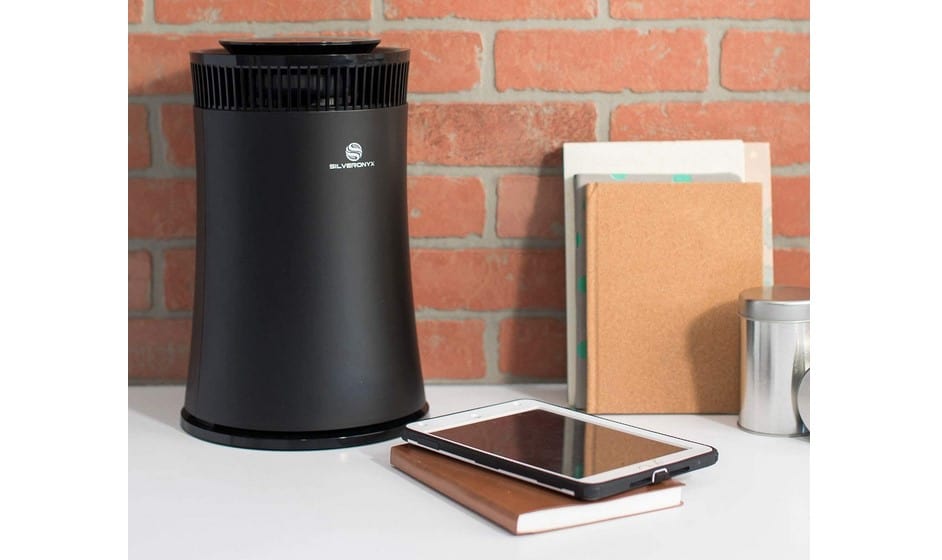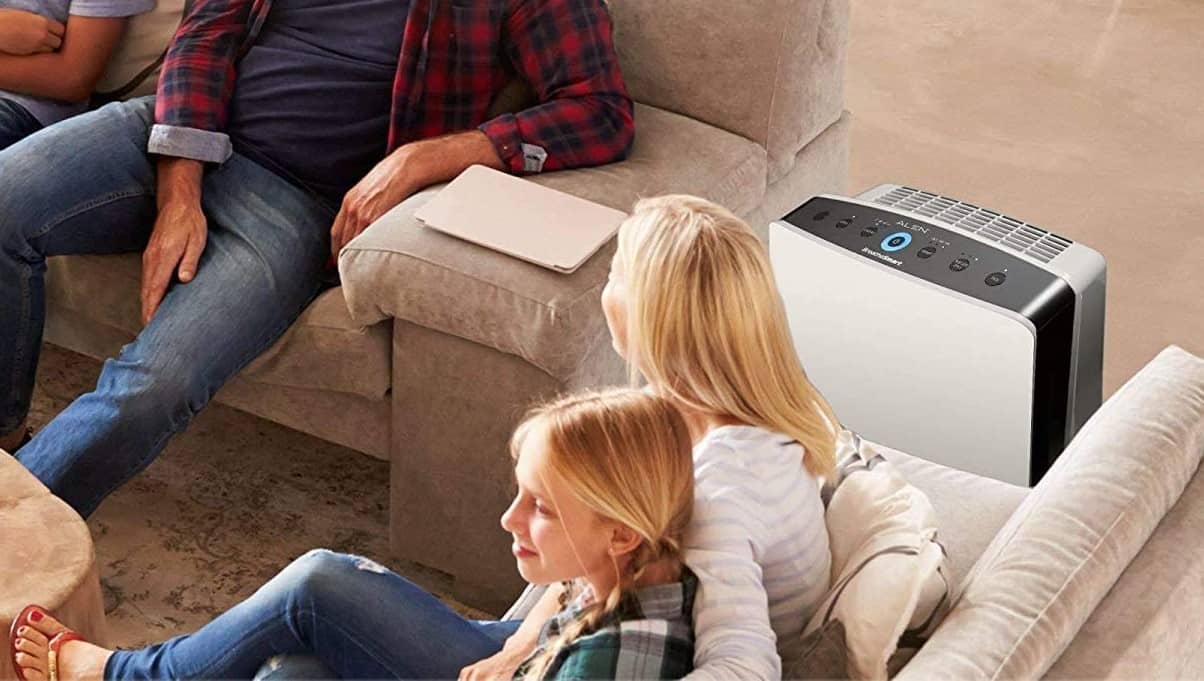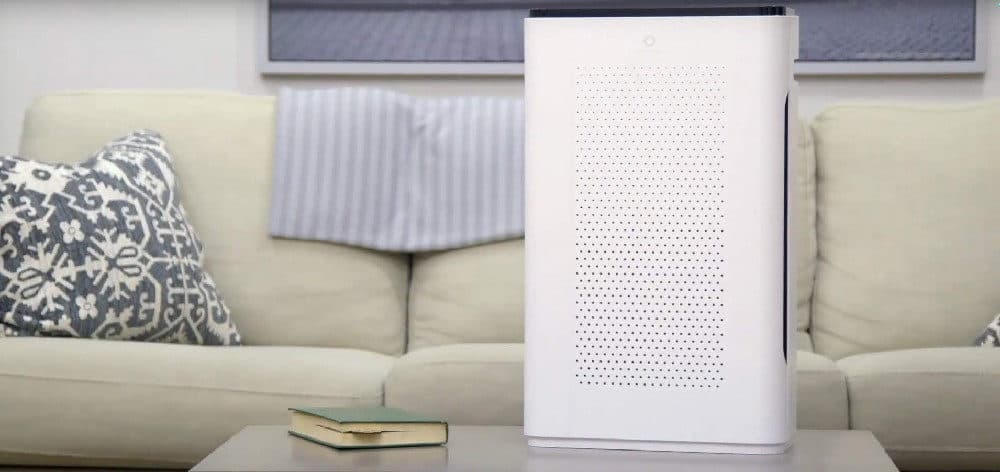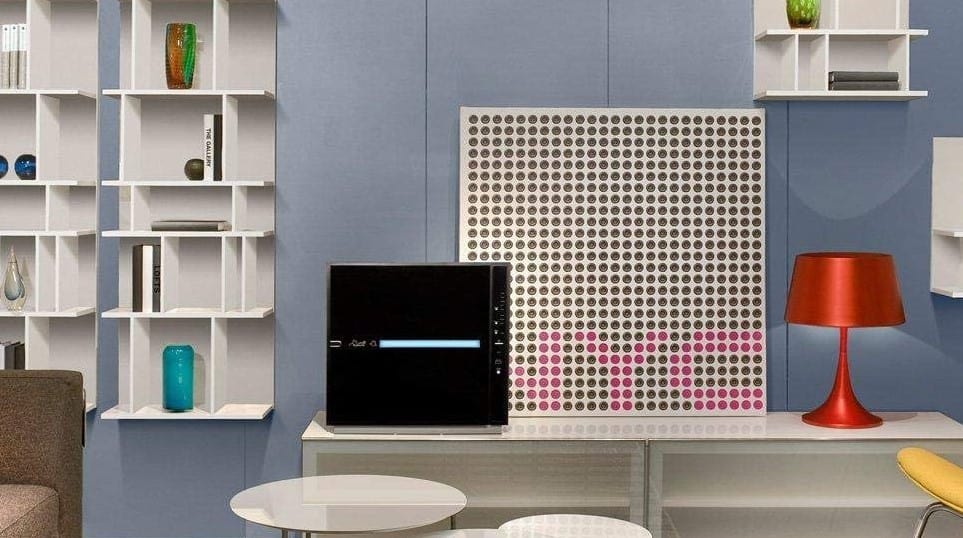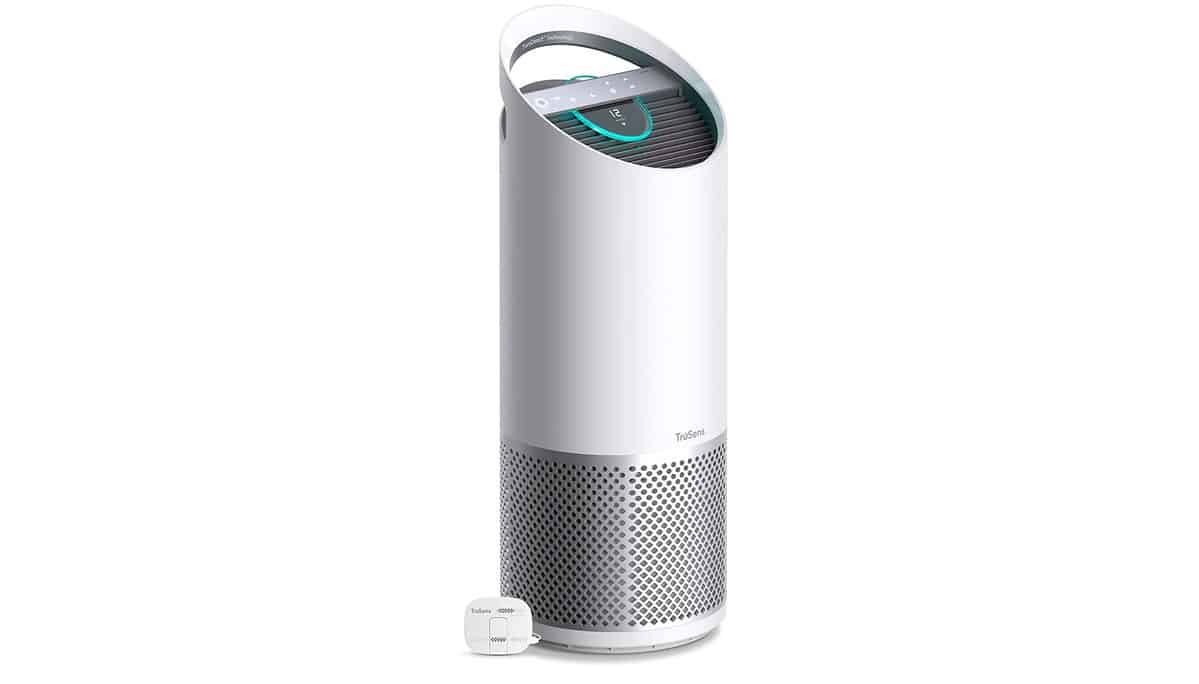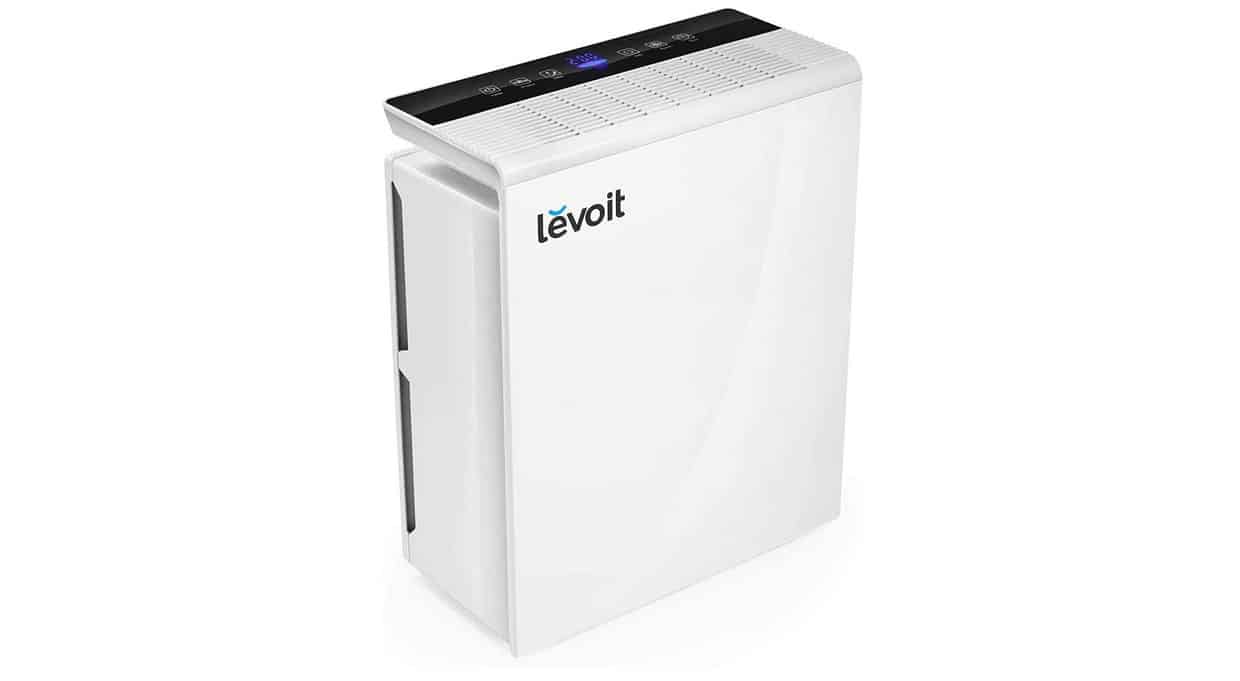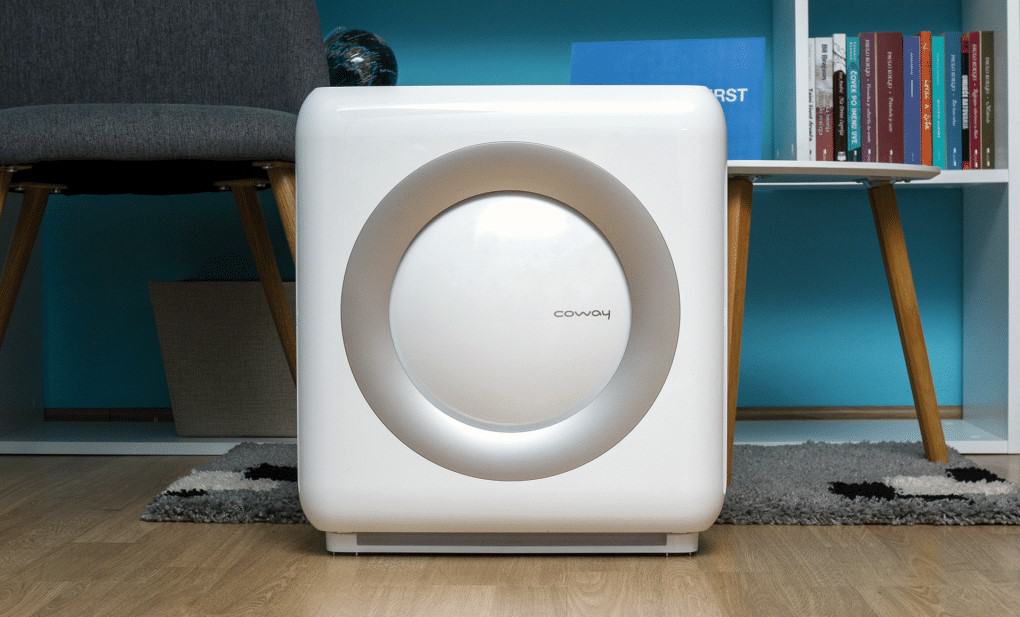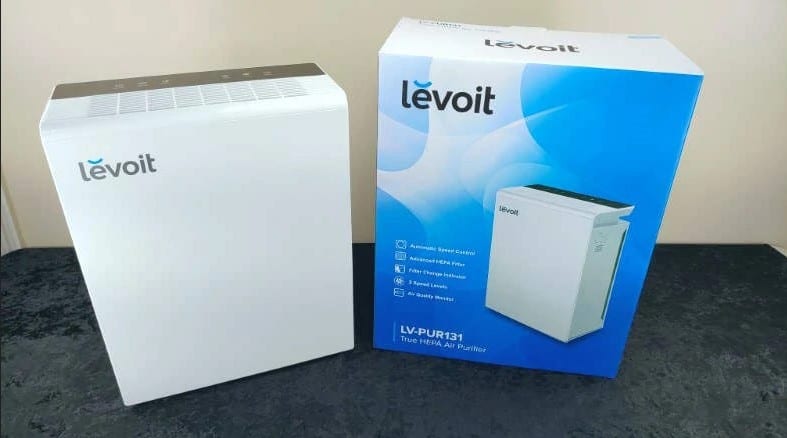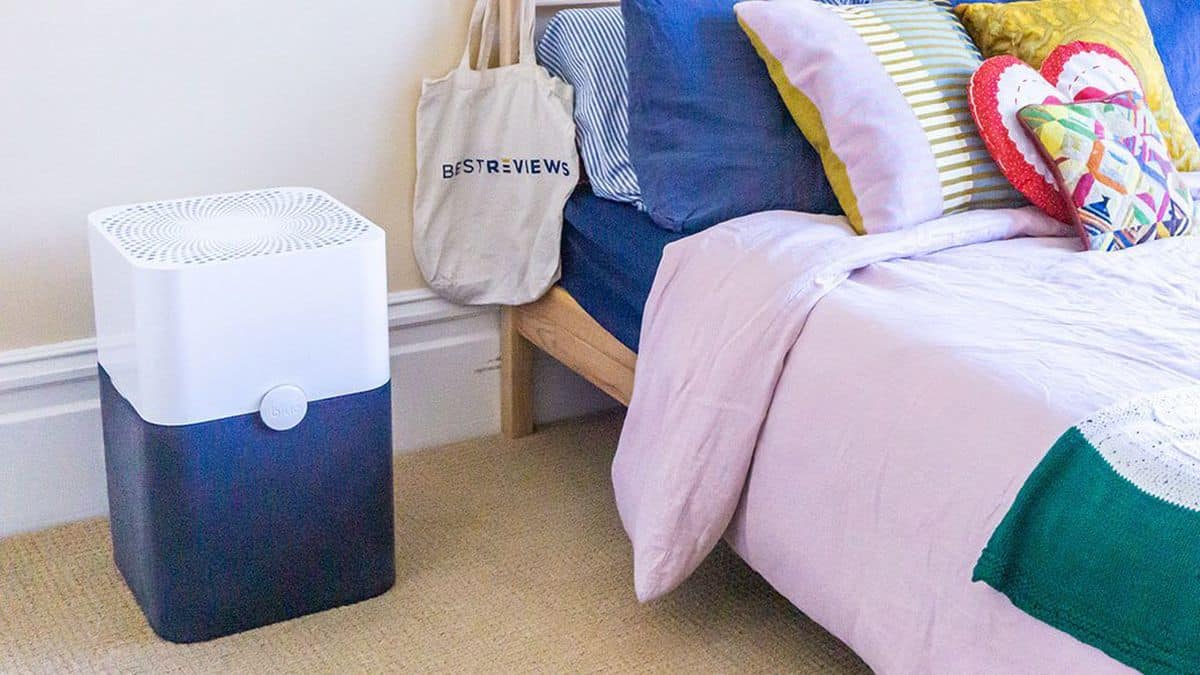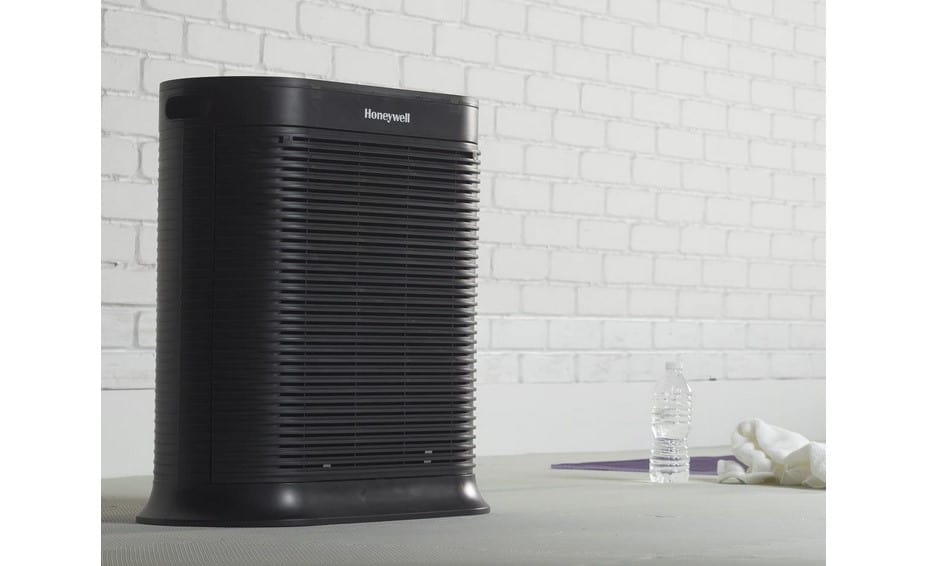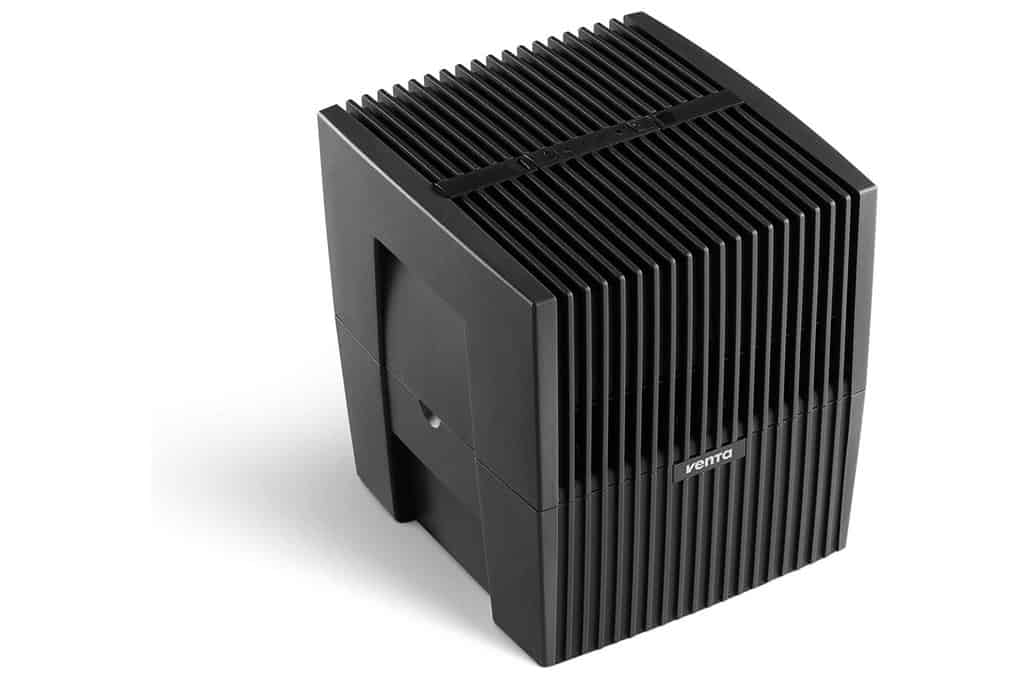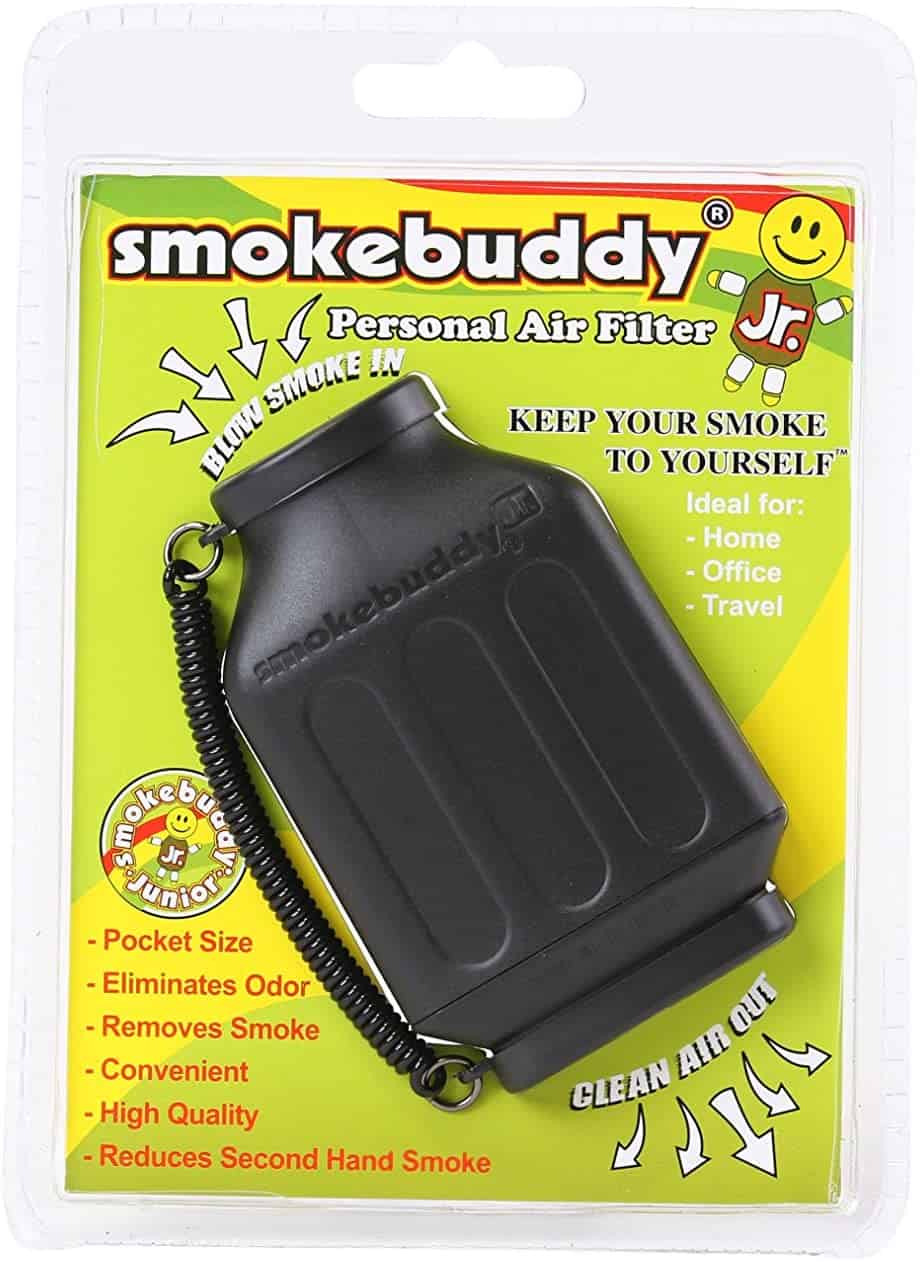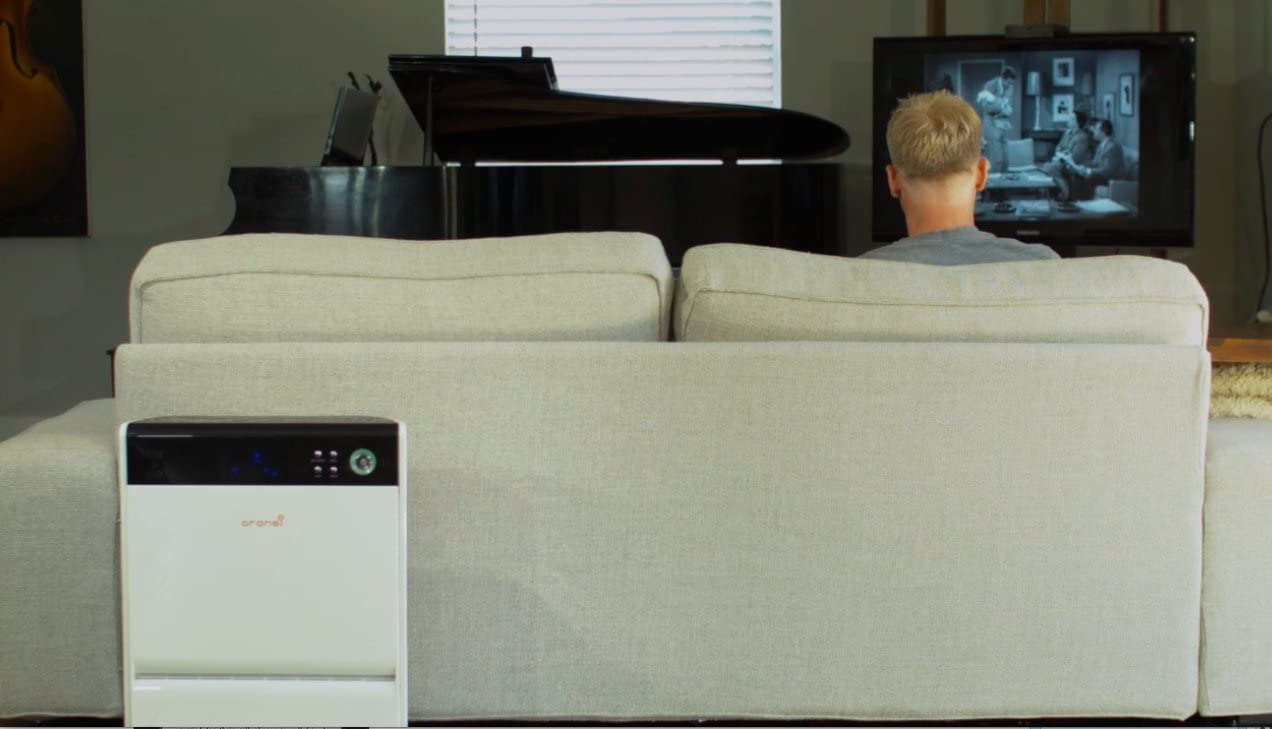The air conditions of your living space, including the bedroom, are of paramount importance and a key contributor to a healthy life. With that said, you may be wondering how to know if you need the best air purifier. Don’t worry, as we are here to help.
KEY TAKEAWAYS:
- Air purifiers can be a great choice for nearly any household, as they filter out dust, pollen, bacteria, and other allergens.
- If you have been noticing a funky smell throughout the home, an air purifier can certainly help.
- The same goes for allergy sufferers, snorers, and those suffering from diseases such as COPD.
What is an Air Purifier?
An air purifier is a machine that has been purpose-built to purify the air. Purifiers typically work by sucking in surrounding air and running it through a series of filters and other forms of purifying technology. Then, the purified air is spat back out into the room. This cycle repeats itself until your living space is filled with glorious and ready-to-breathe fresh air.
Insider Tip
Purifiers typically work by sucking in surrounding air and running it through a series of filters and other forms of purifying technology.
Tips to Know if You Need an Air Purifier
Each living space and situation is different, but there are general considerations when it comes to deciding whether or not you need a dedicated air purifier in your living space.
Funky Smells
If you have been noticing a series of mysterious and funky odors throughout your living space, it may be time to consider purchasing an air purifier. Mold, bacteria, cigarettes, dust, and many other unsavory substances can contribute to foul odors in the home. A good air purifier will suck in the offending air, filter it, and then place it back into the room, removing the smell in the process. If you need some extra odor-removing power, choose a purifier that can double as a diffuser. Diffusers work to inject specific and calming smells into an environment. You can also install a whole-house air purifier that will leave your house smelling fresh and clean.
However, if the smell is coming from the device, then you need to remove the odor from the air purifier. This can happen by keeping the air purifier on for long periods with the intent of trying to prevent coughing by running the air purifier more often. Nevertheless, if you’re still suffering from poor air quality, you may want to look into a good air purifier such as a commercial air purifier.
Allergy Symptoms
If you are experiencing moderate to severe symptoms of allergies, it could be the right time to think about buying an air purifier. Pet dander, pollen, dust, mold, and a variety of other substances can worsen allergy symptoms, such as sneezing, coughing, and just feeling “off.” Air purifiers should lessen the allergic load in your home by eliminating these particles from the room it has been placed in. If you are looking to eliminate allergens, be sure your air purifier has a high-grade HEPA filter.
Insider Tip
Mold, bacteria, cigarettes, dust, and many other unsavory substances can contribute to foul odors in the home.
Copious Dust Mites
If you have been noticing plenty of dust building up throughout the room or living space, such as under the bed or on the windows, that is typically an indicator that you could use an air purifier. A good air purifier will make short work of dust mites, though you should still not slack on your general cleaning duties. An air purifier is great, but it will not replace a powerful vacuum. Still, installing an air purifier should make the cleaning process easier and simpler. You do not need to purchase a very expensive air purifier, you can also make some DIY charcoal air purifiers by using activated charcoal.
Sick Family Members
If you or a family member suffers from some diseases such as emphysema or COPD, an air purifier could help to lessen the severity of symptoms. An air purifier will decrease the number of household air pollutants, which is always a good thing it comes to many illnesses. If you are shopping for an air purifier to help alleviate symptoms of COPD or emphysema, be sure to pay attention to the AHAM scale. This scale denotes how well the purifier filters out smoke, dust, and pollen.
You Snore
Believe it or not, a good air purifier can help with chronic snoring. People who snore loudly throughout the night tend to be sensitive to pollen and dander, both of which can severely congest the airways. Increased congestion leads to louder and more severe snoring. Once the air purifier has been going, the pollen and dander of your household will significantly decrease. This could help lessen the severity of snoring.
You Use Varnish and Disinfectants
Varnish and disinfectants can cause poor health if breathed in continuously. If you have recently used a number of these volatile organic compounds (VOCs) for cleaning, an air purifier will help with the overall odor and reduce the chances of becoming unwell. Not all purifiers can filter out VOCs, so be sure to research ahead of time.
Warning
If you need some extra odor-removing power, choose a purifier that can double as a diffuser.
F.A.Q.
What are air filters supposed to filter out and do they actually do it?
Each air purifier is different, though they typically are used to filter out allergens such as pollen and dander, dust, bacteria, smoke, and volatile organic compounds.
Can air purifiers filter the outdoor air that enters your home?
Yes, though it will depend on how powerful your air purifier is, what type of filter it has, and just how much outdoor air is entering the home.
Are air purifiers effective against smoke?
Yes, most air purifiers are especially effective against smoke, as smoke tends to be heavy and easy to draw into the purifier to be filtered and eliminated.
STAT: Installing air purifiers with true HEPA filters can remove up to 99.97% of particles that make asthma more difficult to manage. (source)















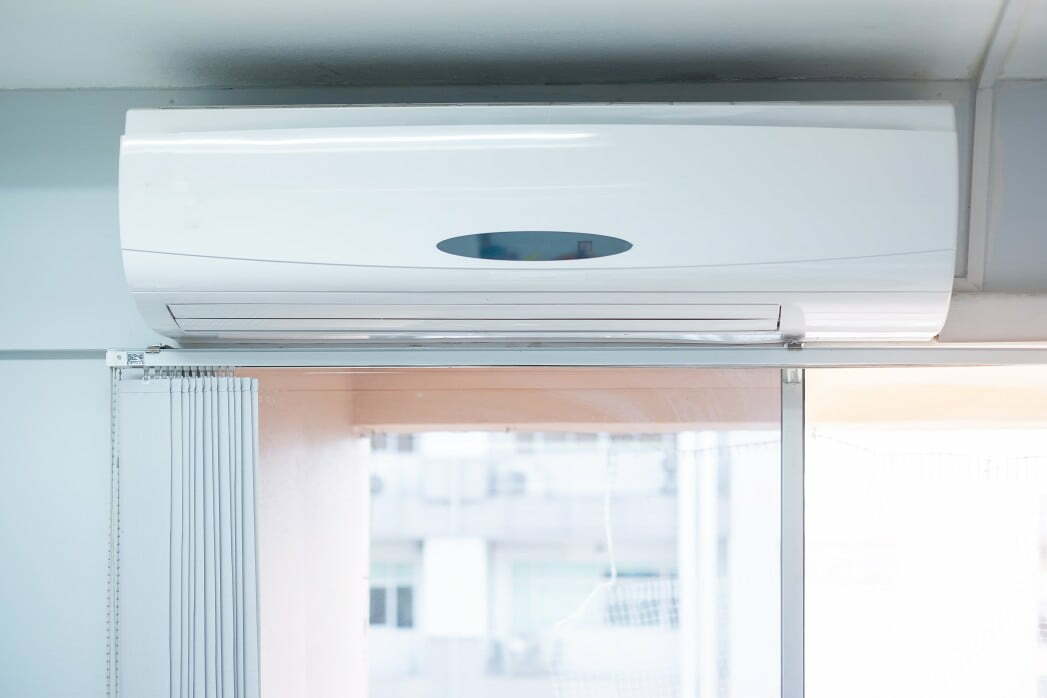

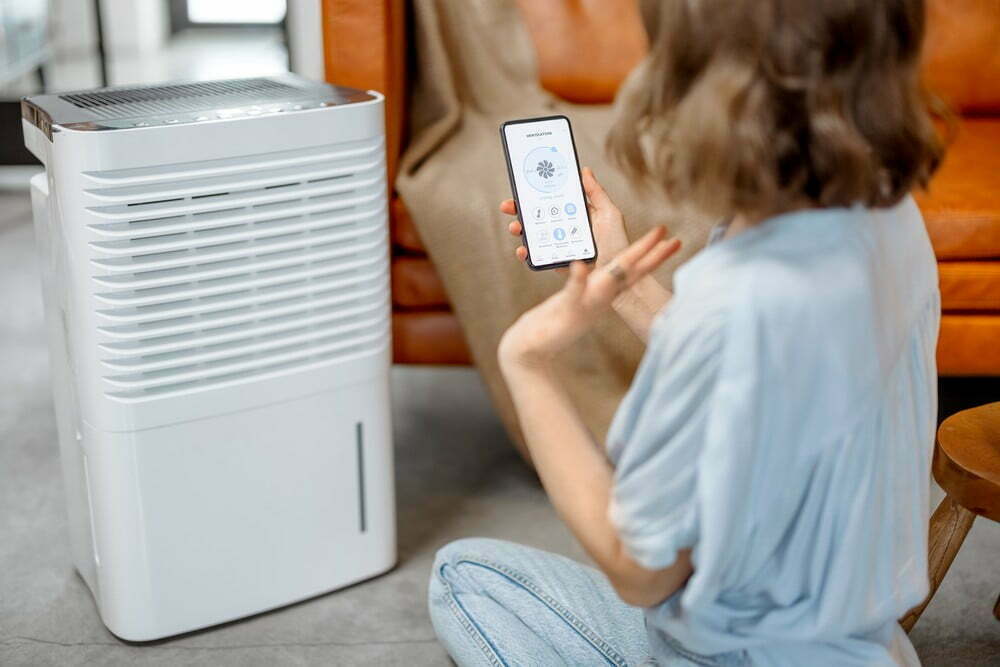
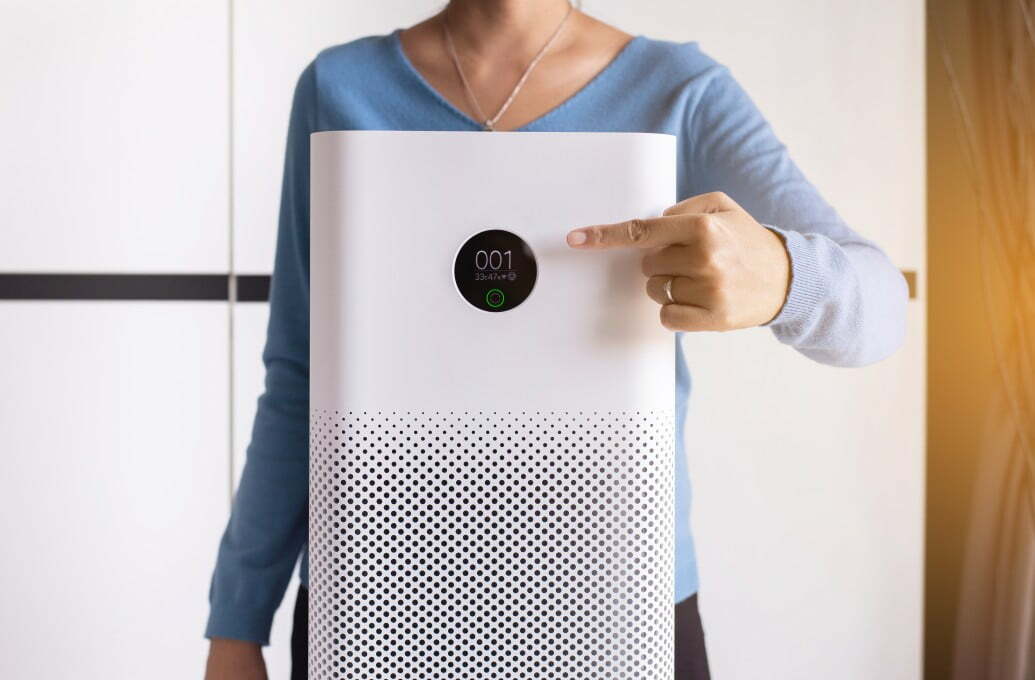
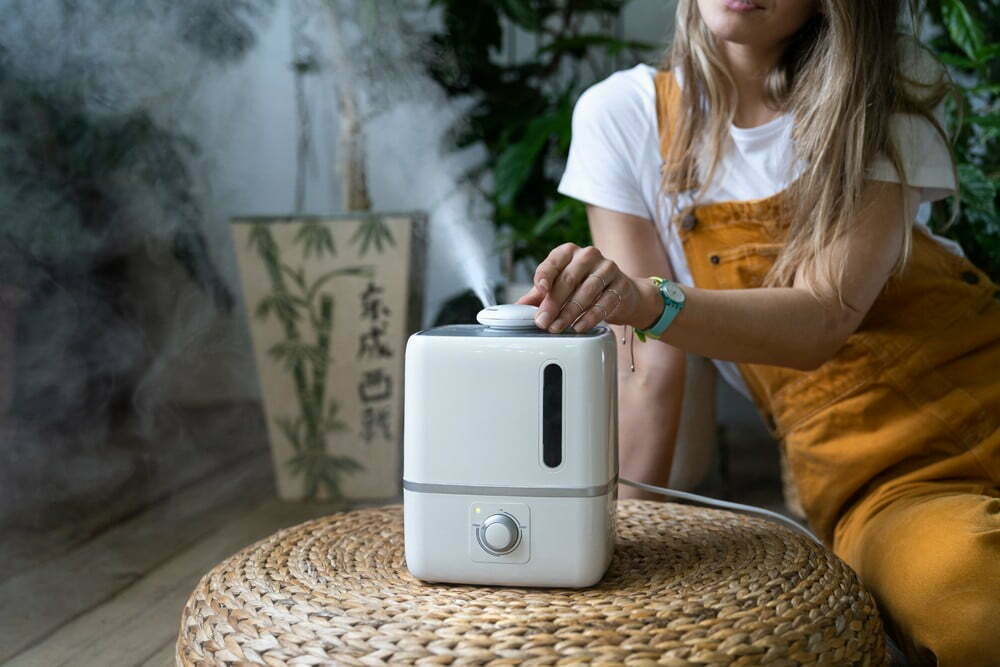
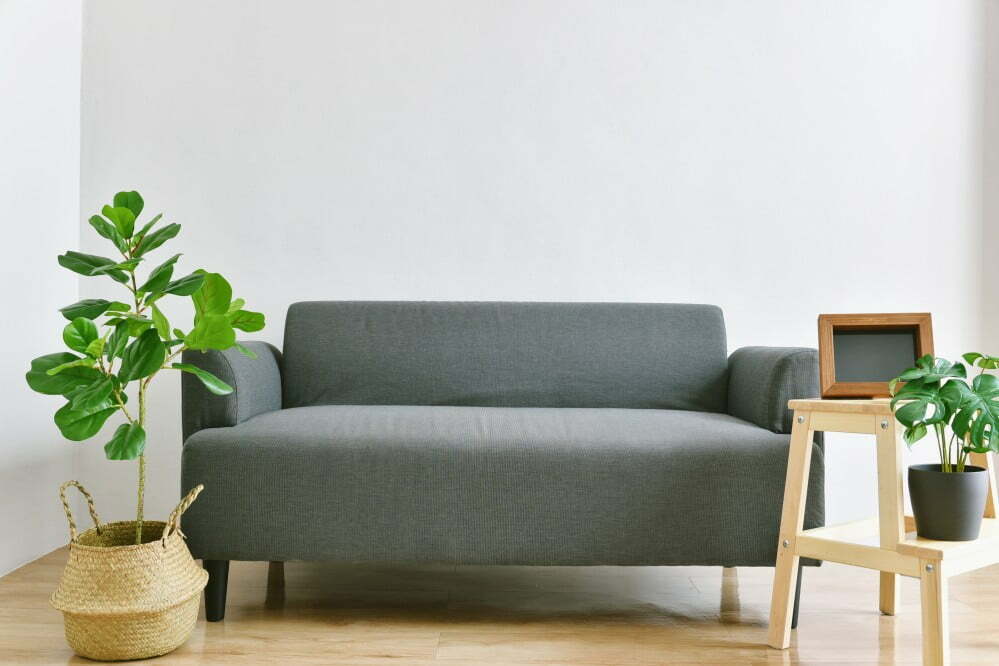

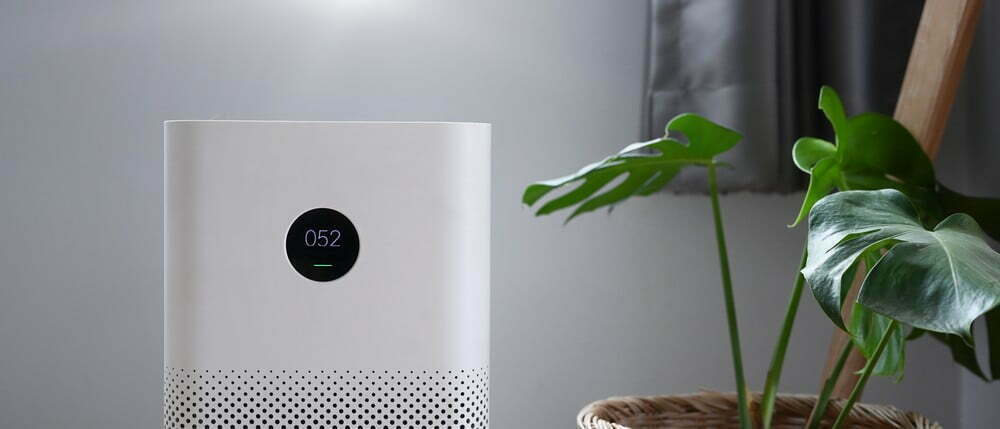
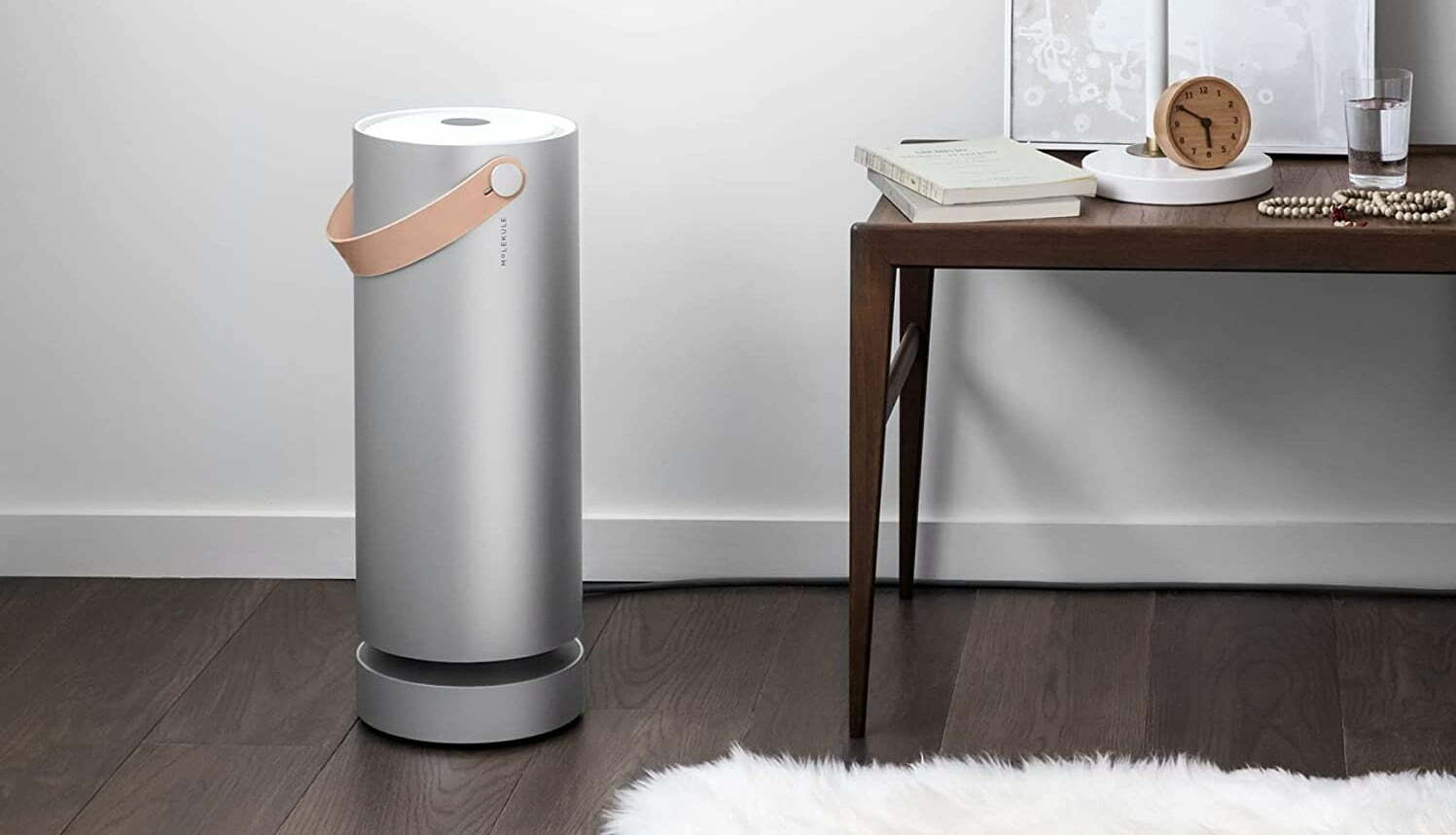
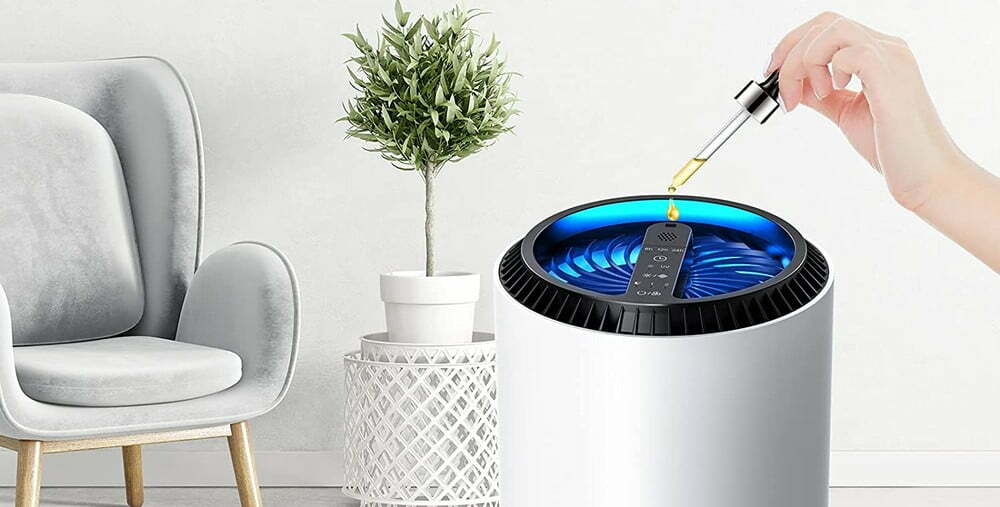
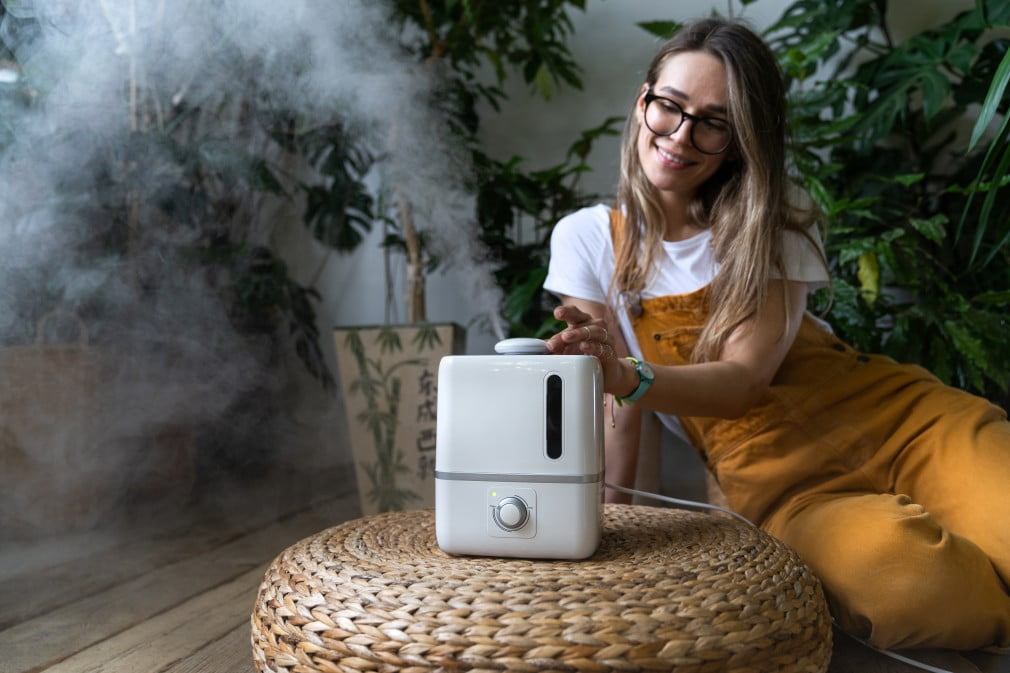
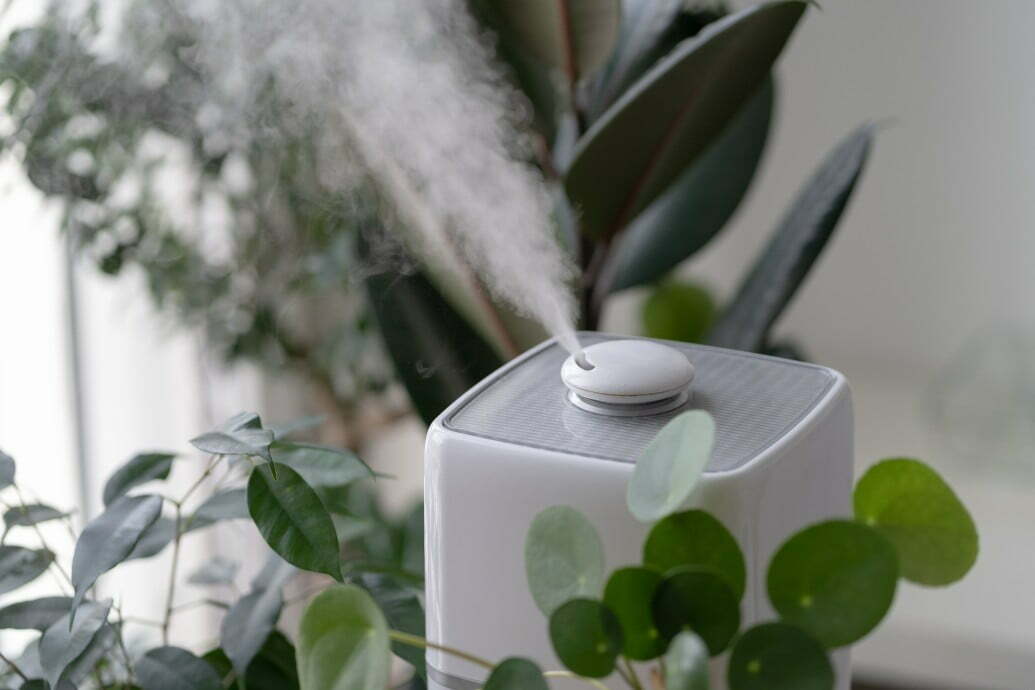
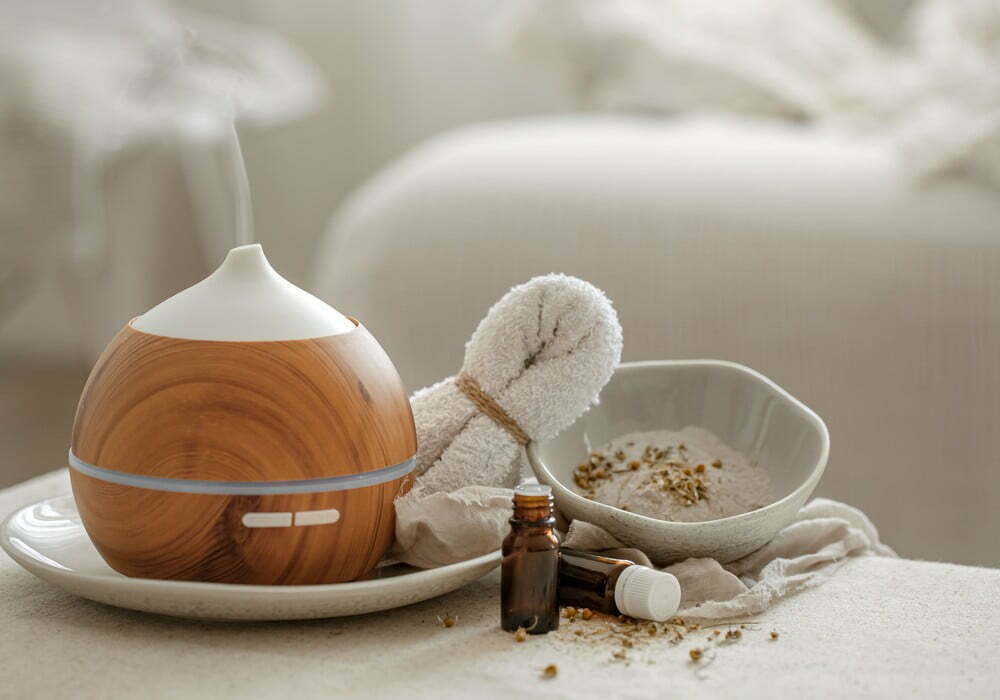
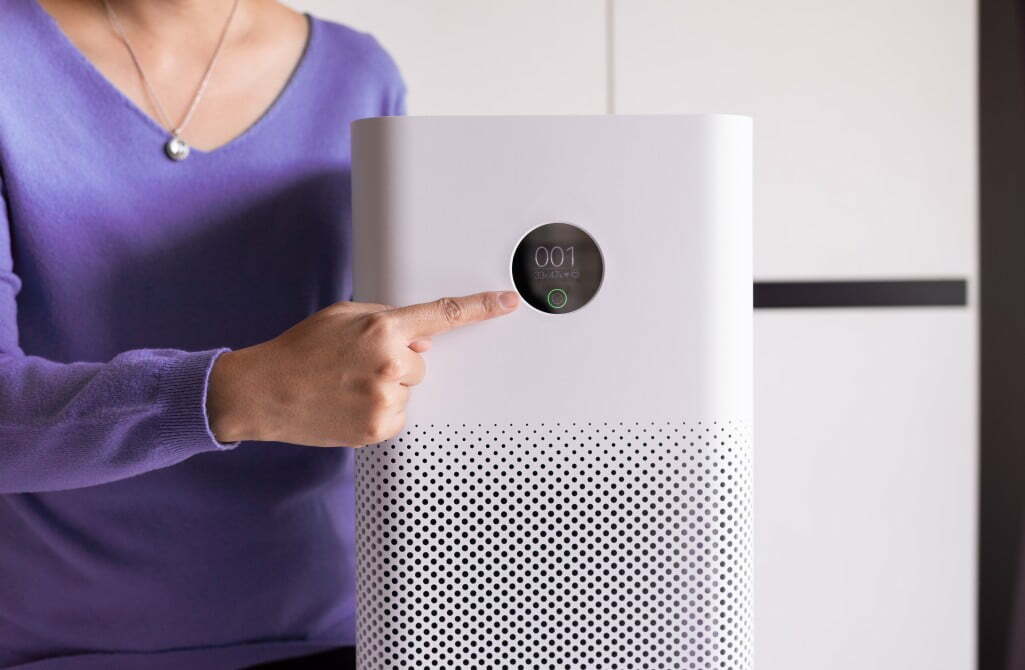
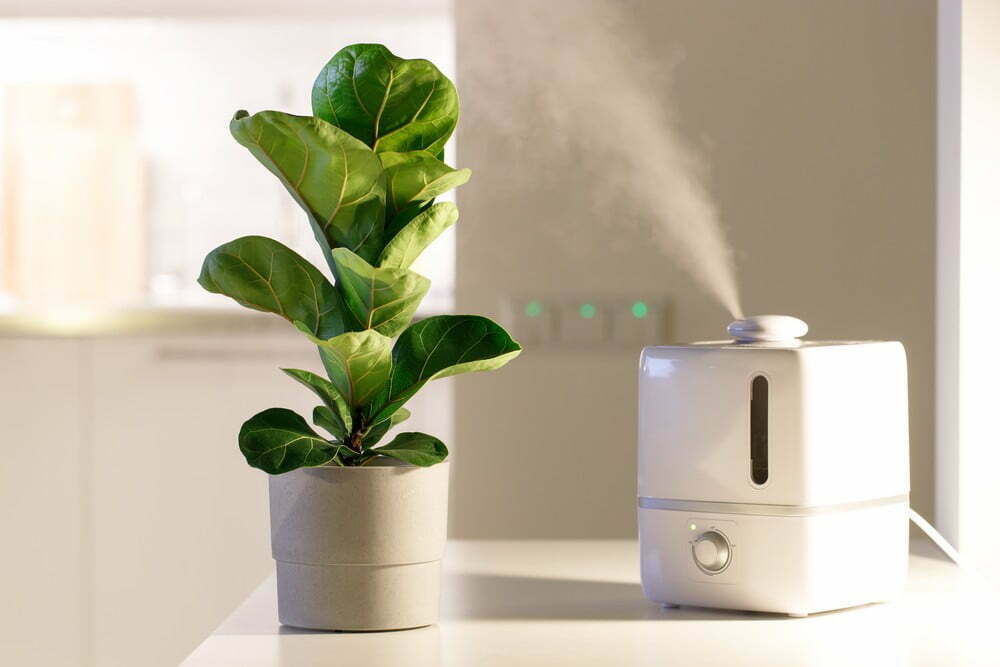
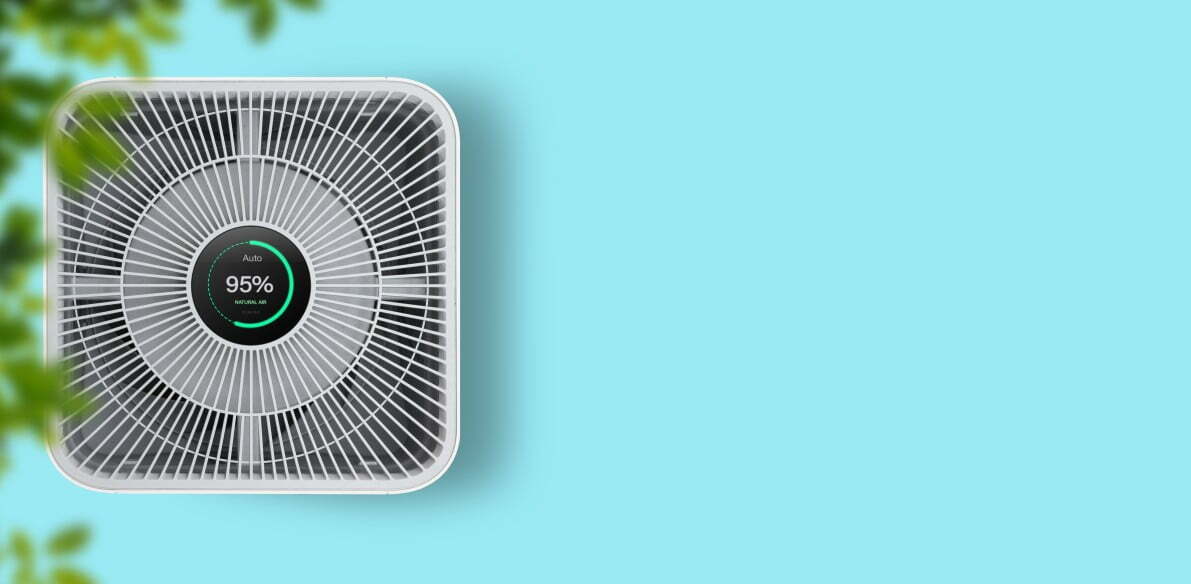
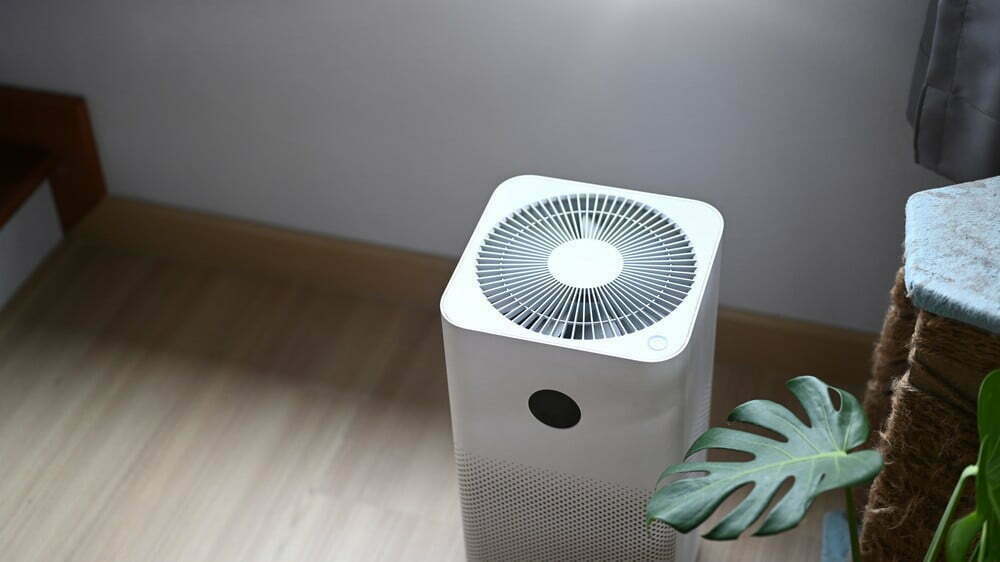
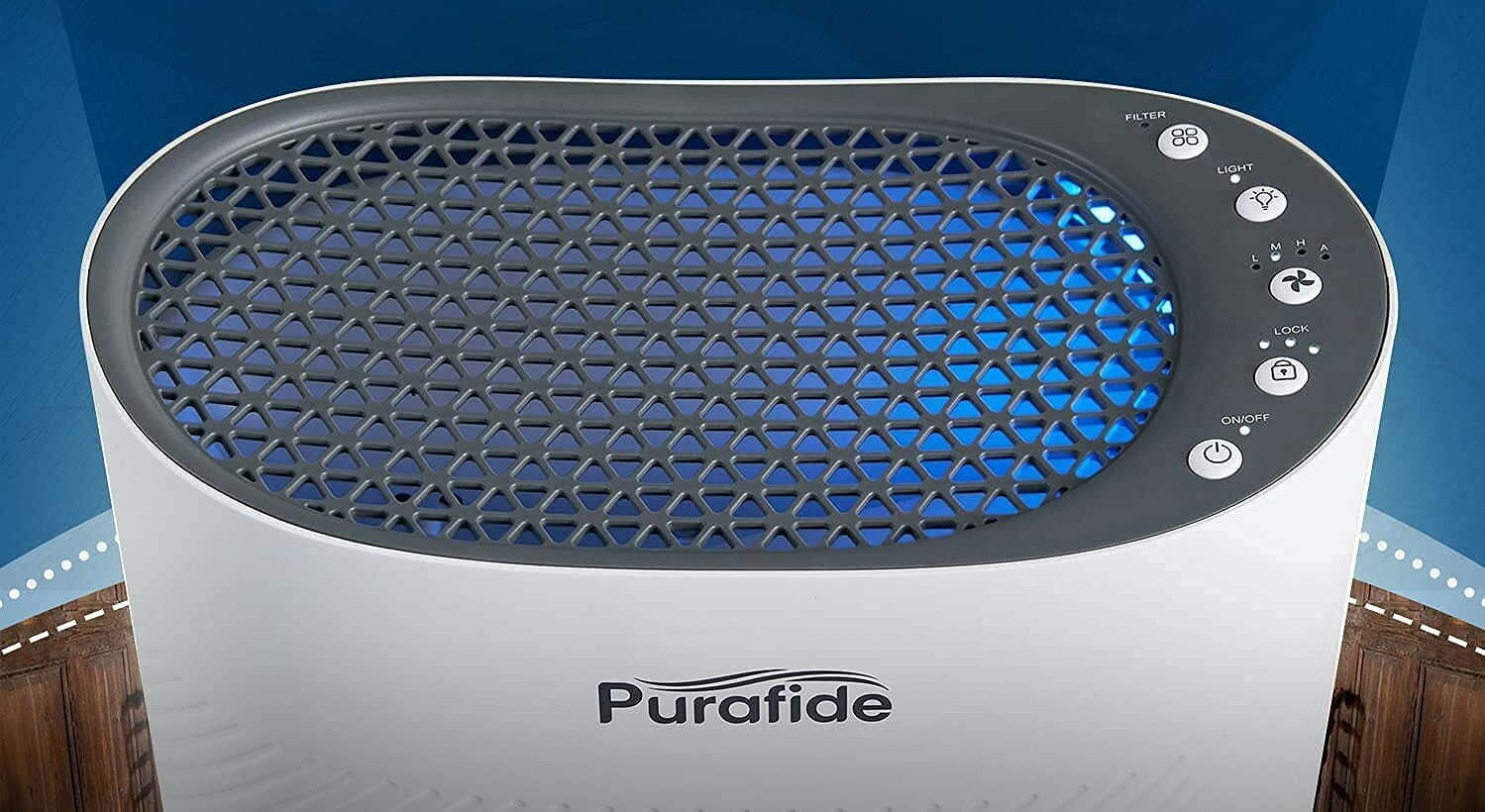
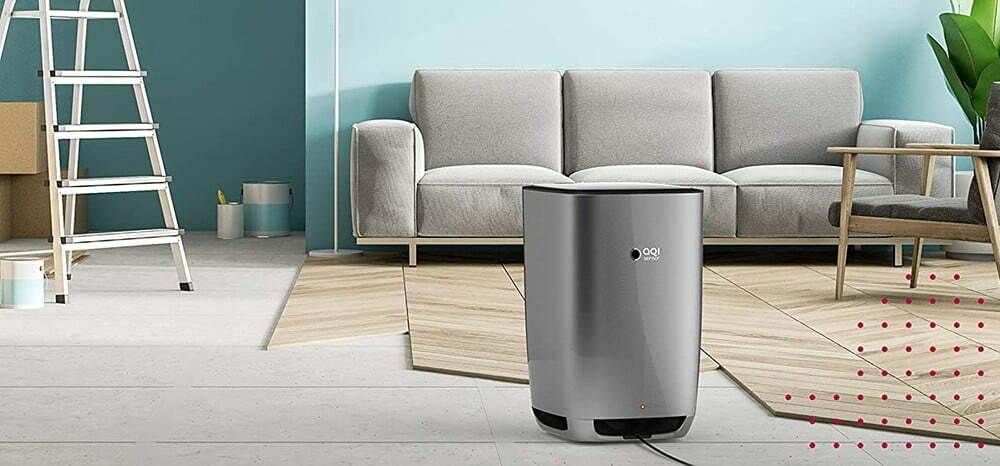
![Best Air Purifiers for VOCs and Formaldehyde in [year] 27 Best Air Purifiers for VOCs and Formaldehyde in 2026](https://www.gadgetreview.dev/wp-content/uploads/best-air-purifier-for-vocs-and-formaldehyde-image.jpg)
![Best Air Purifier in [year] ([month] Reviews) 28 Best Air Purifier in 2026 (January Reviews)](https://www.gadgetreview.dev/wp-content/uploads/Honeywell-True-HEPA-Allergen-Remover-HPA300-e1475603569442.jpg)
![Best Air Purifiers for Dust in [year] 29 Best Air Purifiers for Dust in 2026](https://www.gadgetreview.dev/wp-content/uploads/best-air-purifier-for-dust-image.jpg)
![Best Honeywell Air Purifiers in [year] 30 Best Honeywell Air Purifiers in 2026](https://www.gadgetreview.dev/wp-content/uploads/best-honeywell-air-purifier-image.jpg)
![Best Germicidal Air Purifiers in [year] 31 Best Germicidal Air Purifiers in 2026](https://www.gadgetreview.dev/wp-content/uploads/best-germicidal-air-purifier-image.jpg)
![Best Filterless Air Purifiers in [year] 32 Best Filterless Air Purifiers in 2026](https://www.gadgetreview.dev/wp-content/uploads/best-filterless-air-purifier-image.jpg)
![Best Levoit Air Purifiers in [year] 33 Best Levoit Air Purifiers in 2026](https://www.gadgetreview.dev/wp-content/uploads/best-levoit-air-purifier-image.jpg)
![Best Air Purifiers for Smoking Weed in [year] 34 Best Air Purifiers for Smoking Weed in 2026](https://www.gadgetreview.dev/wp-content/uploads/best-air-purifier-for-smoking-weed-image.jpg)
![Best Quiet Air Purifiers in [year] 35 Best Quiet Air Purifiers in 2026](https://www.gadgetreview.dev/wp-content/uploads/best-quiet-air-purifier-image.jpg)
![Best Desktop Air Purifiers in [year] 36 Best Desktop Air Purifiers in 2026](https://www.gadgetreview.dev/wp-content/uploads/best-desktop-air-purifier.jpg)
![Best Dyson Air Purifiers in [year] 37 Best Dyson Air Purifiers in 2026](https://www.gadgetreview.dev/wp-content/uploads/best-dyson-air-purifier.jpg)
![Best Air Purifiers for Dorm Room in [year] 38 Best Air Purifiers for Dorm Room in 2026](https://www.gadgetreview.dev/wp-content/uploads/air-purifier-for-dorm-room-1.jpg)
![Best Air Purifiers for Office in [year] 39 Best Air Purifiers for Office in 2026](https://www.gadgetreview.dev/wp-content/uploads/best-air-purifier-for-office.jpg)
![Best Air Purifiers for Basement in [year] 40 Best Air Purifiers for Basement in 2026](https://www.gadgetreview.dev/wp-content/uploads/best-air-purifier-for-basement.jpg)
![Best Air Purifiers For Odor in [year] 41 Best Air Purifiers For Odor in 2026](https://www.gadgetreview.dev/wp-content/uploads/best-air-purifier-odor.jpg)
![10 Best Personal Air Purifiers in [year] 42 10 Best Personal Air Purifiers in 2026](https://www.gadgetreview.dev/wp-content/uploads/best-personal-air-purifiers.jpg)
![10 Best Plug In Air Purifiers in [year] 43 10 Best Plug In Air Purifiers in 2026](https://www.gadgetreview.dev/wp-content/uploads/best-plug-in-air-purifier-image.jpg)
![10 Best Whole House Air Purifiers in [year] 44 10 Best Whole House Air Purifiers in 2026](https://www.gadgetreview.dev/wp-content/uploads/best-whole-house-air-purifier-image.jpg)
![10 Best Large Room Air Purifiers in [year] 45 10 Best Large Room Air Purifiers in 2026](https://www.gadgetreview.dev/wp-content/uploads/Coway-Airmega-200M-Large-Room-Air-Purifier-900x900-1.png)
![10 Best UV Air Purifiers in [year] 46 10 Best UV Air Purifiers in 2026](https://www.gadgetreview.dev/wp-content/uploads/best-uv-air-purifier.jpg)
